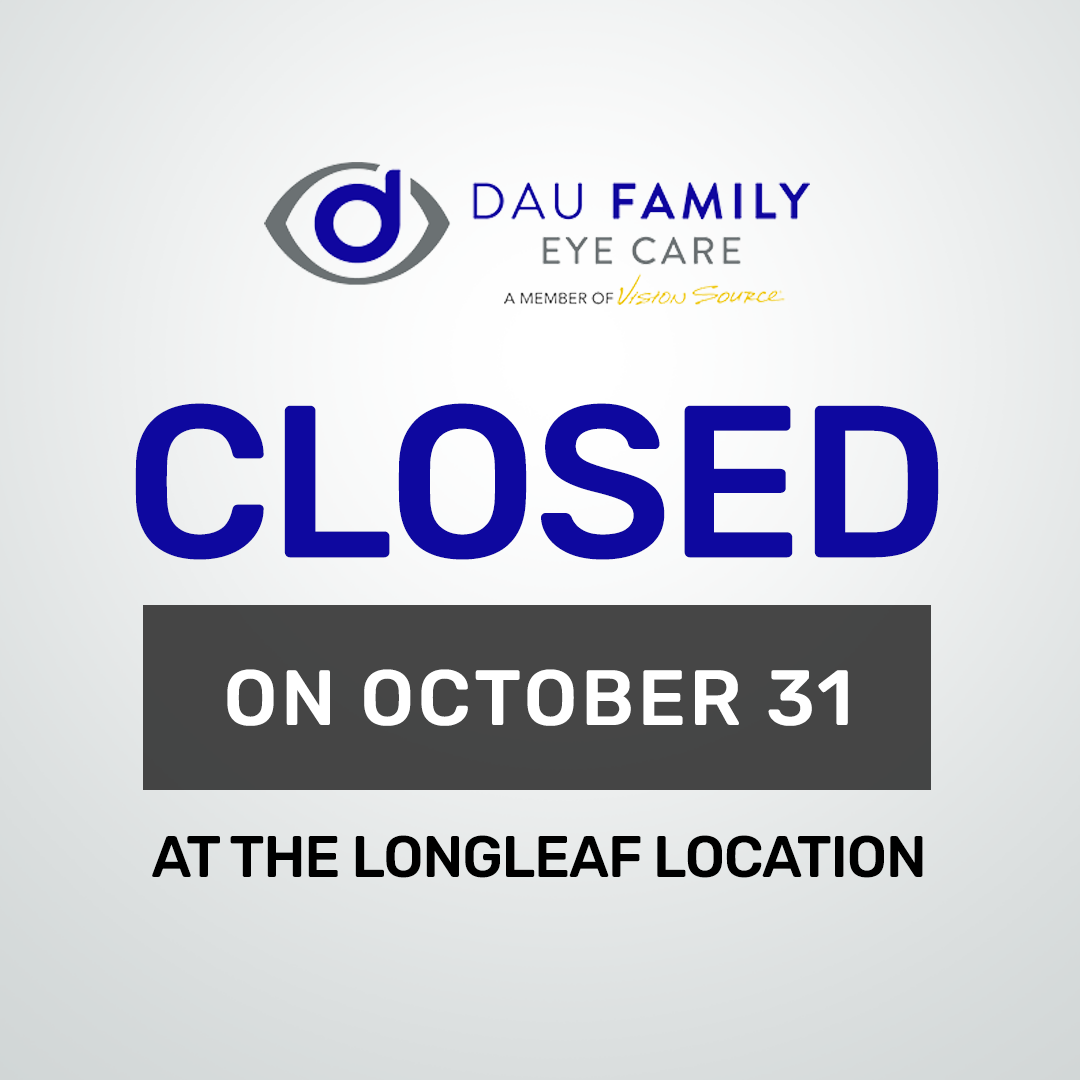
Myopia is a very common refractive eye condition and the leading reason why people are recommended to wear prescription lenses, either in the form of glasses or contact lenses. Myopia is also the most common reason for patients to undergo laser eye surgery, which can be performed once their prescription is stable.
Also known as near-sightedness, myopia is characterized by the ability to see nearby object clearly, but problems focusing on those which are further away. And it’s progressive, meaning that without treatment, your vision will gradually get continually worse. Fortunately, research has shown that myopia can be controlled to a certain degree using special contact lenses, preventing patient vision from worsening and them becoming increasingly more reliant on high prescription visual aids. However, preventing worsening vision isn’t the only benefit of myopia control.
High myopia has been linked to range of complications, many of which are sight threatening and could even lead to irreversible blindness. The longer you battle myopia, the worse it can potentially become and the greater the risk of complications. However, the earlier myopia control treatment begins, the longer it will be possible to keep vision stable and limit the effects it has on your future eye health and sight. For this reason, myopia control is usually recommended for children and teenagers, and can potentially be started as young as eight.
Some of the potential complications from high myopia include:
Retinal detachment
If you have high myopia, there is a 1000% increased chance that you will experience retinal detachment. This is where the retina comes away from the layer beneath it and pulls away from the blood vessels that provides the eye with oxygen and nutrients. It must be treated quickly to stop it permanently affecting your vision. Symptoms of retinal detachment include an increase in the number of floating shapes in your vision, flashes of light and eye pain.
Glaucoma
Patients with high myopia have almost a 300% increased chance of developing glaucoma. This condition is caused by an increase of pressure inside the eye. This damages the blood vessels serving the retina and can lead to loss of vision if it’s not diagnosed and treated quickly. Glaucoma develops slowly, and the initial symptoms are mild, making it difficult to detect immediately. Signs of glaucoma usually include blurred vision or rainbow-colored circles around bright lights. Some people may develop a type of glaucoma that comes on very suddenly and causes intense eye pain. This is an emergency scenario and you need to see an eye doctor immediately to prevent irreversible damage to your vision.
Macular degeneration
Research has shown that patients with severe myopia are more likely to develop macular degeneration. Macular degeneration, or AMD, is an eye condition that affects the middle part of your vision, that is responsible for seeing fine detail. As its name suggests, it occurs as a result of the natural deterioration of the part of the eye called the macula that comes with getting older. Symptoms of AMD include blurred vision, seeing straight lines as wavy or bent, colors looking less bright than before and hallucinations. There are two types of AMD. The most common can’t be treated but is instead managed using certain aids such as better lighting and magnifying lenses.
Cataracts
If you have moderate to severe myopia, you could be more likely to develop cataracts. Cataracts occur when the proteins that are found within the lens of the eye begin to clump together, causing cloudy patches to occur. These can make it seem as though you are looking through frosted glass. Cataracts are a progressive condition for which there is no cure, although it’s possible to have the natural lens of the eye exchanged for an artificial alternative which will then restore your vision.
For more information about the importance of myopia control, or to find out more about this revolutionary way to prevent myopia progression, please call Dau Family Eye Care at (904) 713-2020 to speak to our family eyecare team.





